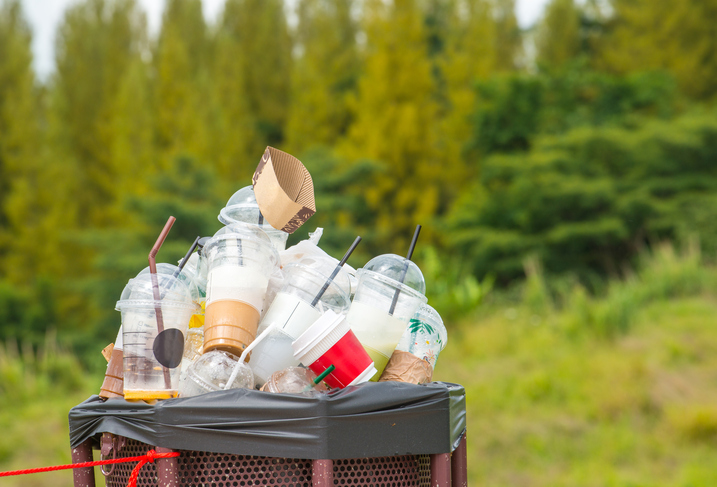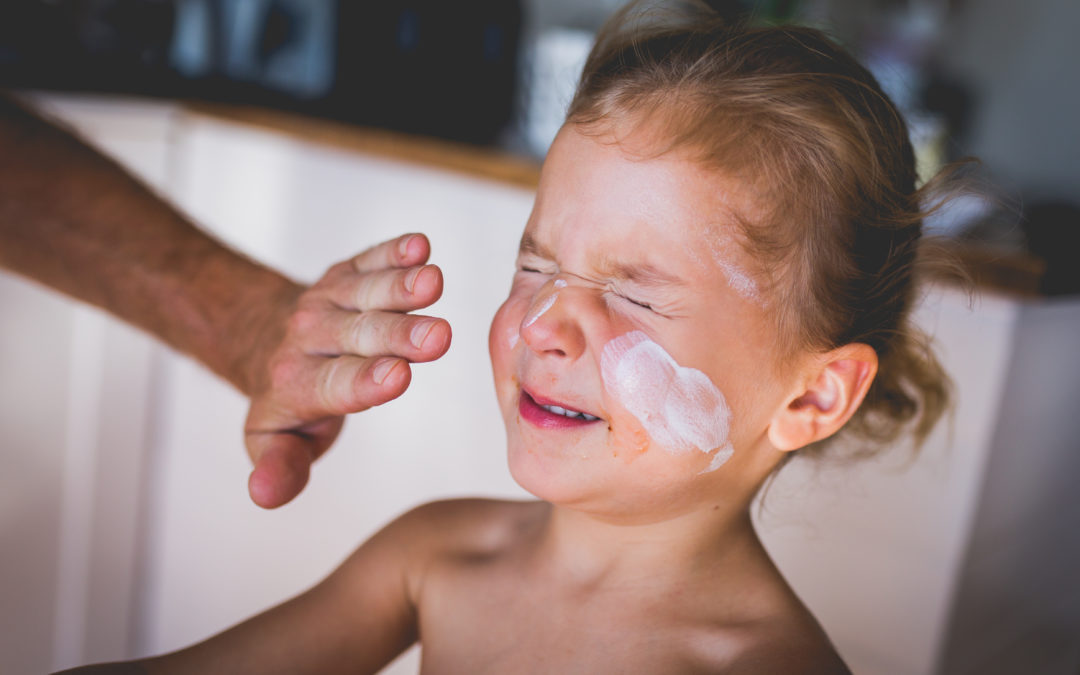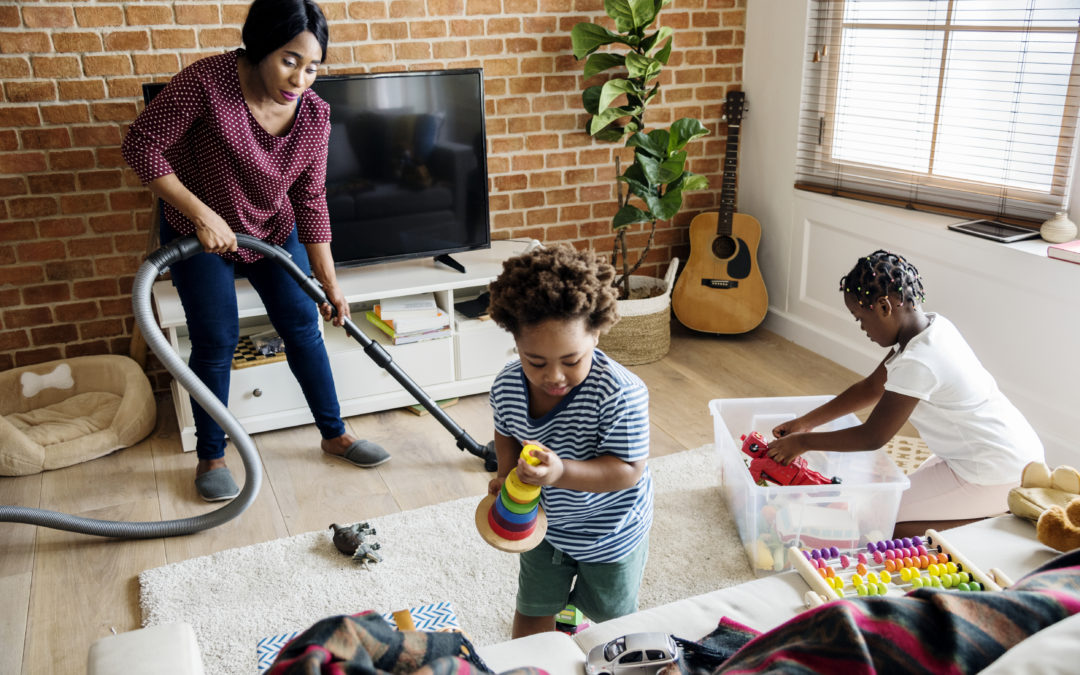
Aug 16, 2018
The biggest energy wasting substance on the planet is plastic. That’s right, plastic. For all the good that comes from plastic substances, it has more downsides than upsides.
The worst part about plastic is that it is made from petroleum. Gas, oil, and other fossil fuels are also made from petroleum, so every new piece of plastic further cuts into petroleum reserves.
On the upside of this equation is the fact that plastic is 100 percent recyclable. If everyone recycled all of their plastic goods, petroleum wouldn’t be needed to make new plastic. The unfortunate problem is that less than 20 percent of all plastics are recycled. The rest of it is thrown away and sent to landfills, which is a completely different problem all its own.
Non-Biodegradable
Plastic in landfills is not easily biodegradable. In fact, as the plastic begins to deteriorate, the chemicals used to make plastic leach out into the soil. As this happens, the soil around a landfill becomes akin to toxic waste, which is why no one wants to live near or around a landfill.
Plastic bottles and plastic grocery bags are the two main sources of plastic use. Once again, both the bags and the bottles are easily recyclable, but most of the time it is just a lot easier to throw them away in the regular trash than to separate them into individual containers. Consequently, the more plastic gets thrown away, the more energy is wasted to make more plastic.
Now, nobody can knock plastic as a useful substance. Plastic that has been used in the medical field has saved countless lives. Plastic is cheap and easy to mold, making it an incredibly versatile material. But plastic seems to be taken for granted, as though it is an infinite resource, yet that is the exact opposite of what it is.
Everyone can do their part to stop this waste of energy and raw materials.
Alternatives to Using Plastic
Here are two simple things that anyone can do, which is less expensive for the bank account, saves energy, saves petroleum products, and makes you feel good about doing it. Firstly, get a reusable grocery bag. There are many types out there, from canvas to nylon, and even heavy-duty plastic types that can be used for years. Using (and reusing) these is far better than getting new plastic bags every time you go to the store. In most cases, the reusable bags can be washed and dried with regular laundry, and they will be clean and good to go for the next shopping trip.
Another way to end plastic waste is to stop drinking bottled water and purchase an inexpensive faucet filter. Numerous studies have shown filtered tap water is as good as bottled water. Fill up your own bottles with filtered water, put them in the fridge to cool them down, and take them with you the next day. This is a huge money saver, as the cost of a water filter will pay for itself within a week or two, and it probably won’t need to be changed for months. Reusable plastic or aluminum bottles are available everywhere for about the same price as one 16-ounce bottle of “designer water.”
Stop wasting energy the plastic way. There are easy, money-saving alternatives to the plastic lifestyle, and they all begin with you.

Aug 13, 2018
Have you ever dreamed of having a clutter free household? Perhaps having a little extra time and money on your hands? Now ask yourself this: Have you ever thought that minimalism might be the step you need to take in your life to get all three? Many have discovered the wonderful benefits that a minimalist lifestyle can bring. And though the minimalist lifestyle may not be for everyone, you might want to check out if some of these advantages might be for you!
More Space!
Once you’ve tossed most of your unused and unnecessary clutter you’ll begin noticing areas of your house you haven’t seen in a while. With all those old shoes gone you might get a glimpse of your closet floor. All that shelving you installed in the garage last year? Now you really can appreciate the handiwork and effort you put in! While it may be difficult to part with some of your stuff, you’ll come to realize that less of it laying around will mean more space for you.
More Time!
Guess what you don’t have to do when you don’t have excess things sitting around? You don’t have to spend your time cleaning them! If you’re trying to keep a tidy household you’ll save yourself tons of valuable time if you’re not having to pick up every single thing sprawled across your counter tops or dusting objects lying around on shelves. Each odd and end you have to move or pick up during vacuuming is just adding to the numerous hours you’ve already lost over the years to these chores.
More Money!
If all your clutter was once cash and if time means money think of what you’ll be saving when you switch to minimalism? That’s right! The more you emphasize that “window” in “window shopping” the more change you’ll keep in your pocket! One of the great things about minimalism is how much you save when you’re not buying extra, unnecessary things. Do yourself and your wallet a favor by staying off the buying bandwagon.
A little extra space, some more time and money can all be yours when you consider adding a little minimalism into your life. And the best part of the minimalist lifestyle? You get to choose how much you decide to keep and what you decide to lose. So take a moment and look through some of those old boxes sitting around. Breeze through that spare bedroom piling up with unused junk. You might just surprise yourself with how much you are willing to throw away.

Aug 9, 2018
Time spent outdoors is invaluable for kids. Outdoor activities increase physical activity levels and improve fitness among children, enhance their mental wellness, aid social and emotional development, and may promote greater academic achievement. Spending time outside also boosts vitamin D levels, which not only strengthens their growing bones, but may help to reduce kids’ risk of future health problems such as heart disease, diabetes and multiple sclerosis. However, while UV light is essential for vitamin D production, it is important that your children don’t burn in the sun, as just a few episodes of burning can leave them vulnerable to skin cancer as an adult. To protect your kids’ skin this summer, follow the easy steps outlined below.
Avoid the midday sun
Ultraviolet rays are strongest between 11am and 3pm, so during this time, indoor activities are a better bet. If your kids are outside around the middle of the day, get them to stay in the shade by using a sun umbrella, tent or tree.
Choose sun-savvy clothing
Dress your kids in long-sleeved tops and pants, choosing tightly woven materials and darker colors for greater sun protection. You might also like to invest in some clothing for your kids that are certified to offer protection against UV rays. Don’t forget that your little ones should wear a hat too, with hats shading their scalp, ears, neck and face offering greater protection than baseball caps.
Remember sunglasses
If your children wear sunglasses to protect their eyes from UV light, they are less likely to develop cataracts when older. Wraparound sunglasses are ideal and choose those shades that offer complete protection from UVA and UVB rays.
Apply sunscreen
You should use sunscreen with at least an SPF of 15 on your kids’ skin, considering an SPF closer to 50 for babies and children with a fair complexion. Make sure that the sun block you choose also protects against both UVA and UVB rays. If your youngsters have sensitive skin, consider using one of the hypoallergenic sun creams available. Besides applying sunscreen half an hour before your kids go outdoors, make sure you reapply the sunblock every couple of hours, particularly after going in the water or being active. You might be surprised to hear that even water-resistant sun creams are less effective once the skin is wet. Finally, when using sunscreen, don’t forget to apply it to your children’s ears, hands and feet, and use a lip balm that offers sun protection.
Check out the Environmental Working Group’s breakdown of the safest sunblocks.
Kids tend to burn when you least expect it. A classic example is when youngsters spend a day outdoors when it’s cloudy, as clouds only filter out a tiny proportion of UV rays. Therefore, always have sun protection to hand, so whether you’re at home or out for the day, your little ones will stay safe in the sun.

Aug 6, 2018
With most modern households consisting of two busy working partners, keeping a clean house can become something of a struggle. Putting small routines in place can really make a difference to the cleanliness and general appearance of your home and can help to take the fear factor out of tackling those daunting cleaning tasks.
- Make your bed every morning. Starting the day by leaving a messy bed sets the wrong tone for a tidy home. Straightening the bed signifies a commitment to keeping your household in check, remembering to do this every day is a good reminder to yourself that you want your environment to be better.
- Clean your bathroom after you use it. You go in the bathroom every morning right? Always keep a cloth and spray bottle of cleaner in there and wipe surfaces once you are finished. Always keep your toilet brush in a container filled with a mix of water and cleaner and give the bowl a quick scrub before you leave the room.
- Unload your dishwasher in the morning. Ensuring the dishwasher is empty and ready for the next influx of dirty dishes is important to stop plates and pans piling up on the side. Nobody wants to have to empty the dishwasher before they can fill it at night, so doing it in the morning will remove any possible excuses once dinner is done.
- Put a load of washing on every day. Before you leave the house, make sure there is a load in the washer. This will prevent laundry from piling up and becoming an insurmountable task.
- Do the drying as soon as you arrive home. Before you get stuck into whatever is planned for the evening transfer the day’s laundry to the dryer. Folding and ironing can wait for the weekend.
- Clean as you cook. When preparing an evening meal ensure you keep an eye on the contents of cupboards and fridges or freezers. Throw anything out of date and wipe up any stains or spills you spot.
- Load your dishwasher every evening and put it on. This way the dishes are ready to unload in the morning allowing you to stick to the first rule of this list.
- Pick up once the kids are in bed. As tempting as it is to sink into that sofa, take ten minutes once little ones are settled to put away toys and other child related clutter. This prevents the mess from multiply day after day.
- Vacuum before you ‘veg out’. Ok, so you are almost there. But before you climb into that easy chair, grab the vacuum and buzz around the exposed areas of floor. You will be able to enjoy the results as you relax rather than stressing that it needs to be done.
- Use weekends wisely. If you currently find yourself rushing around at the weekends to get everything done, following the tips here will put an end to that. Weekends should be used for jobs not included in the other instructions. Iron or fold laundry, vacuum the areas you didn’t reach in the evenings, empty waste baskets and change bedding.




